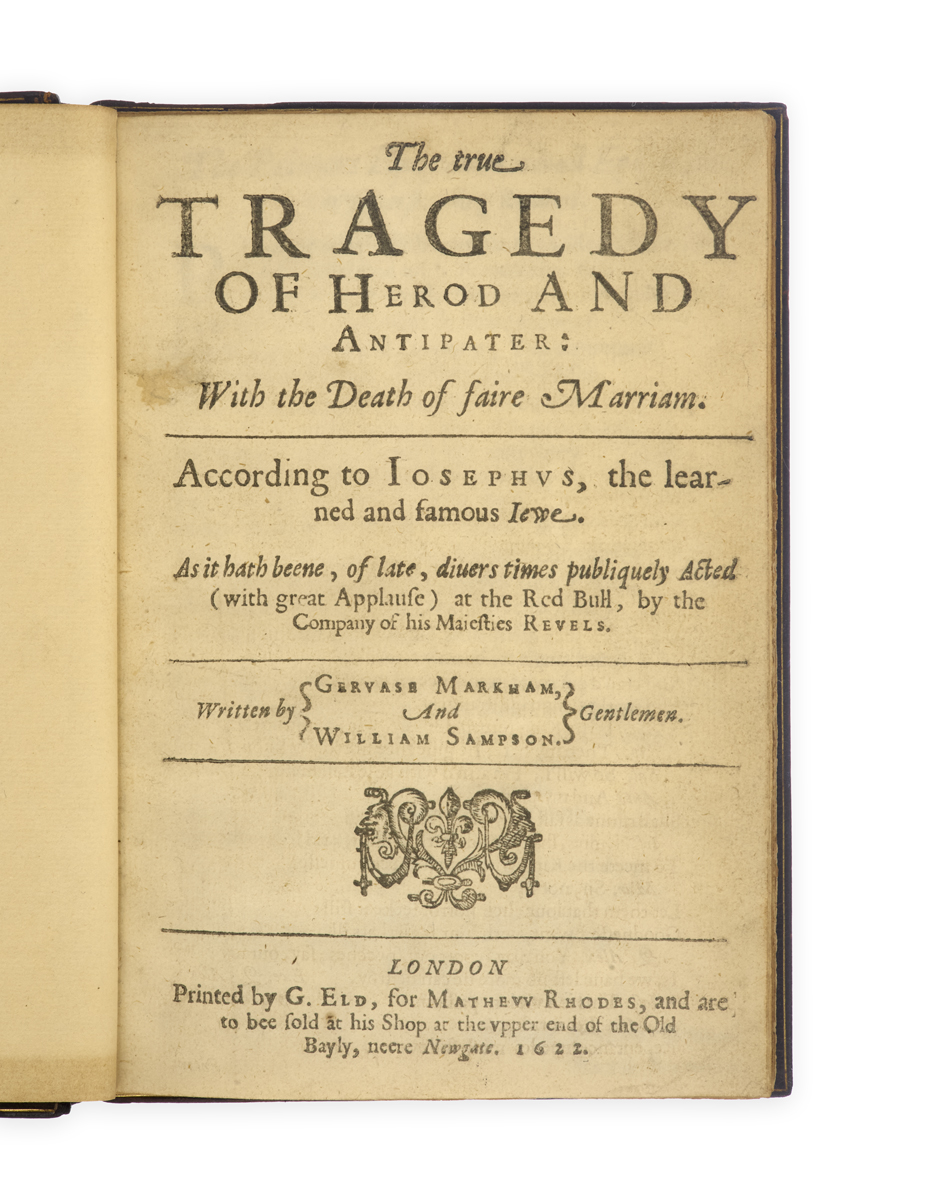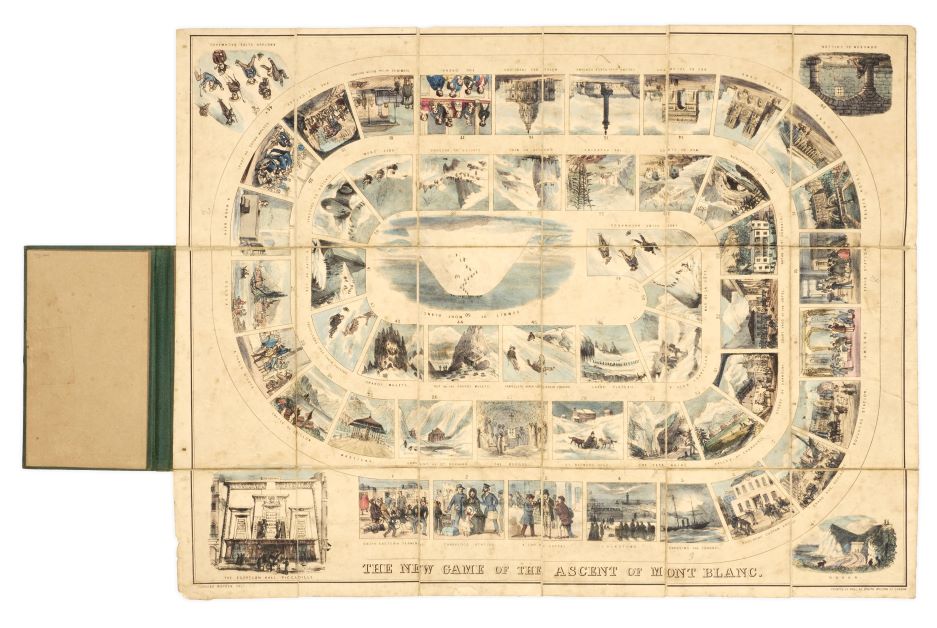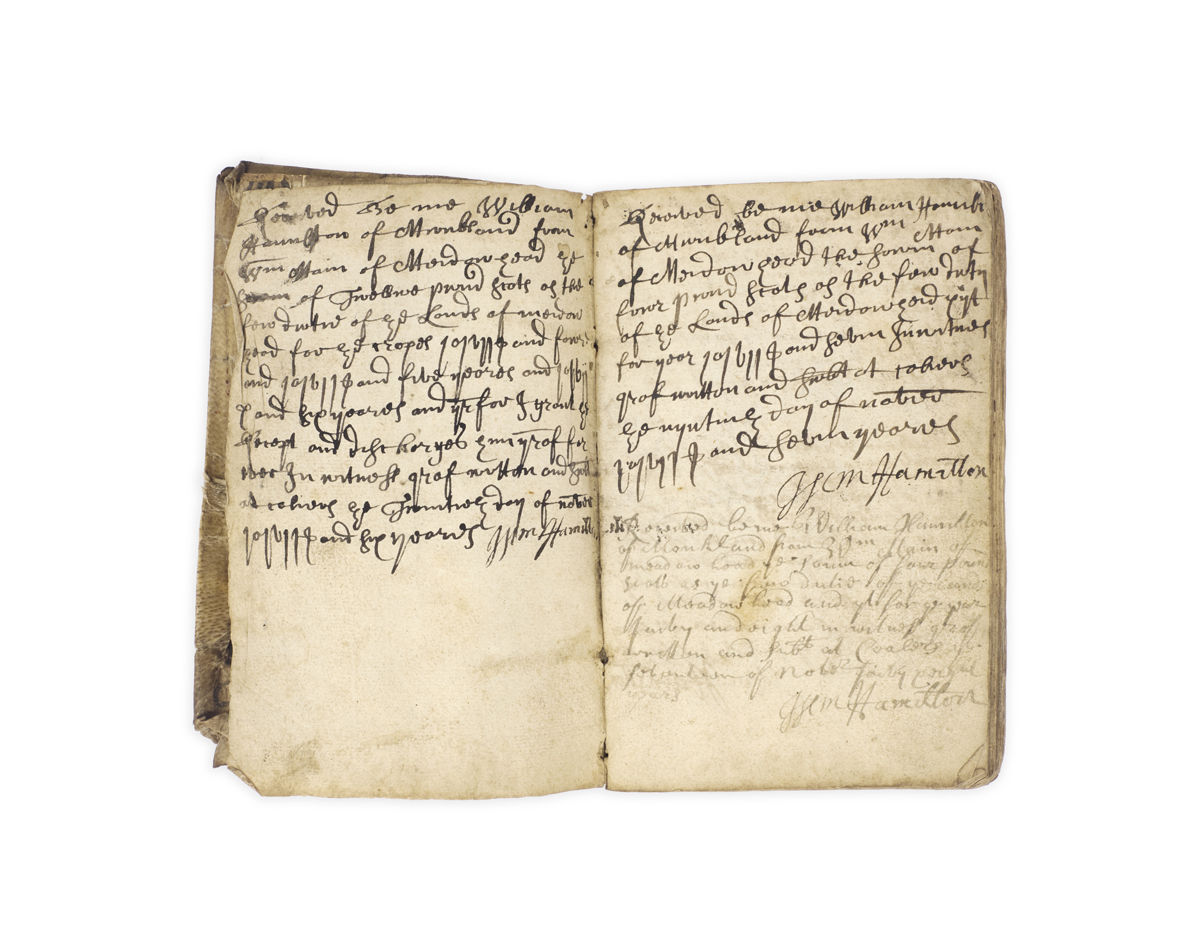
FAIR MARIAM – JOSEPHUS ON THE STAGE
MARKHAM, Gervase, and William SAMPSON.
The True Tragedy of Herod and Antipater: with the Death of Fair Marriam ... as it hath beene, of late, divers times publiquely acted (with great Applause) at the Red Bull, by the Company of his Majesties Revels ...
London Printed by G. Eld, for Mathew Rhodes ... 1622.
4to, pp. [84]; lightly washed but a very good copy in nineteenth-century straight-grain morocco, neatly rehinged; booklabels of Mortimer L. Schiff and Kenneth Rapoport.

Added to your basket:
The True Tragedy of Herod and Antipater: with the Death of Fair Marriam ... as it hath beene, of late, divers times publiquely acted (with great Applause) at the Red Bull, by the Company of his Majesties Revels ...
First and only edition, first issue, of an uncommon play, first written by Markham before 1613 and later revised with Sampson’s help.
Taken indirectly from Josephus’ account of the struggle between Herod and his bastard son Antipater, with the sufferings of Herod’s consort Mariam, Herod and Antipater treats the same episode of Jewish history as The Tragedy of Mariam by Elizabeth Carew (1613) – the earliest original published play by an Englishwoman – but neither tragedy derives from the other. Markham, whose direct source was Morwen’s History of the Latter Times of the Jewes Commone Weale, 1588, was ever adept at judging current taste, and cast his material as ‘a popular drama of passion, villainy and violence’ (Peter Auger, ‘Playing Josephus on the English Stage’, International Journal of the Classical Tradition, 23:3, 2016). Interestingly Josephus himself appears a chorus character, introducing dumb-shows in Acts II and IV.
Shakespeare’s influence is apparent, in a speech echoing Hamlet’s ‘What a piece of work’ and in the character of Antipater, reminiscent of Richard III and of Edmund in King Lear. There is a good account in F. N. L. Poynter’s Gervase Markham (1962), pp. 61–5, and in Bentley’s Jacobean and Caroline Drama, IV, 734–5; a critical edition was published in 1979.
STC 17401; Greg 382A* (first variant with ‘The Printers Epigrammaticall Epistle’ – verse by the publisher Matthew Rhodes – on A2); Poynter 10.1.

